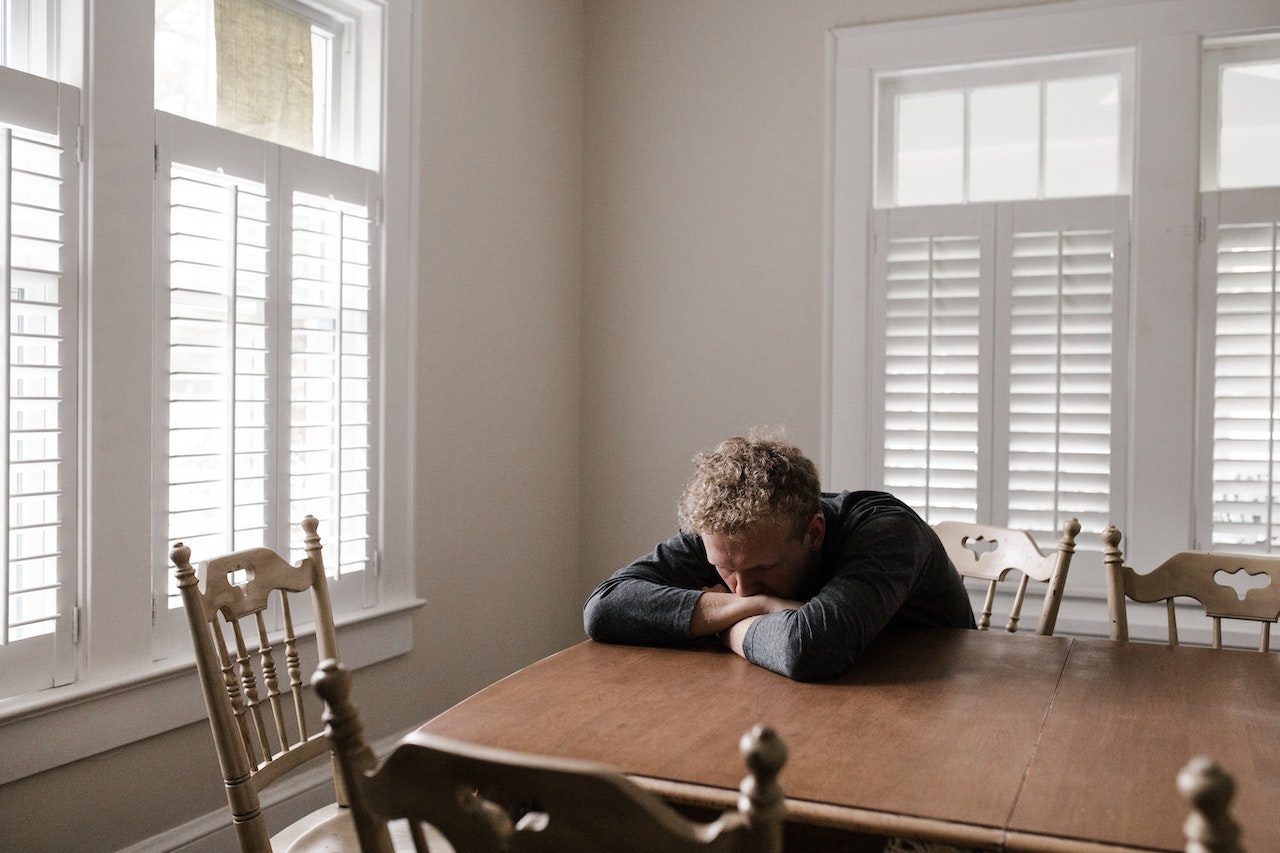
An anxious preoccupied attachment style is one of the most common problems in relationships that occur. But you know, what is interesting? The majority of the couple don’t even recognize it.
But why? If it’s so common, and almost all of them are suffering, then why aren’t people doing something about it?
So, here’s the problem, they don’t know about it! Yes, we often consider the signs as a part of the character trait. I mean, isn’t it obvious? We are not psychiatrists.
Similar to the fearful avoidant attachment style, it could hamper the emotional health of a person. Also, it could even affect their relationships adversely.
It is almost impossible to talk to someone and immediately recognize from their behavior that they have been through some tough times, and their personality is just a defense mechanism.
So, how can one tell whether their partner has an anxious preoccupied attachment style or not? It is easy. You need to look for certain signs.
But what after that? You love your partner, right? Then it is also your responsibility to help them get over this attachment style and be the real version of themselves.
In a few months, you might be seeing a completely different person because what you saw previously was nothing but a trauma response.
So, what causes this attachment style in people? Let’s find out then.
What Causes Preoccupied Attachment Style?
This kind of attachment style is a sign that the person had a tough childhood. Their emotions have been neglected for a longer period of time, and all they do now is to get the love they used to lack in childhood.
So, are parents responsible for their children’s personalities? Yes, they are. You know, these things are very fragile.

I know it is not easy to conduct your motherhood. Sometimes, we all unintentionally invalidate our child’s needs or emotions because we think that it is not a big deal.
But if it happens repeatedly, it can have a deeper impact on their minds. And if something is rooted in a child’s mind, it becomes their belief, and it is very difficult to change the thought.
So, next time when you meet someone with all these symptoms. Take a moment before judging them and think, are they spoiled, or is their childhood the problem? The good news is that childhood trauma is curable and it could help one get rid of anxious preoccupied attachment style.
However, you don’t need to be too empathetic. They can simply be toxic too. Now, let’s look at the signs.
If these traits match your partner, you need to take charge now.
1. Being Clingy
I know you also consider yourself to be clingy but have you ever been with someone who is clingy in the true sense?
First, you need to understand what clinginess is. Someone who is clingy is dependent on their partner for their smallest needs. Yes, obviously, the emotional one.
You can say that they are not emotionally independent and struggle while making decisions. I know you must be thinking that it is not a big problem and you can simply handle it.
But a clingy person can often invade your personal space, which gradually becomes very frustrating.
A person should be emotionally responsible and independent. It is okay to get external help and support but not every time.
2. Constant Need for Attention
Attention is an integral part of any kind of relationship, but it is not possible for a person to dedicate their 24 hours to you only.

We all are individuals and have our own things to do. People with an anxious preoccupied attachment style might seek constant attention. It becomes toxic after a point.
However, their intention is never wrong. If you think that your partner never leaves you alone and you feel overwhelmed sometimes, it means that they need constant attention.
3. Fear of Losing People
Fear of losing people is one of the most common fears. I mean, who would like to lose someone they love, right?
But this fear can go to extreme levels sometimes and cause problems. Someone who fears losing you will ultimately start doubting you and will not be able to trust you completely.
This will eventually lead to things like checking on you all the time, facetime you while you are out with your friends, etc.
A healthy relationship is not about fear but about security.
4. Having Low-Esteem
Having low self-esteem means that the person doesn’t feel about themselves. They always find it hard to be happy and often seek external validation to make them feel good. Both low self-esteem and anxiety are interlinked.

This can cause you an extra burden. Taking care of someone else’s emotional needs all the time is inhuman.
If you think that it is your partner’s responsibility to make you happy all the time, you will never be happy. You are responsible for your own piece of mind. Burdening your partner with your needs is not healthy at all.
5. Trust Issues
Trust Issues are nothing but an outcome of their low self-esteem and fear of losing their loved ones. Someone who has a fear of abandonment will try to control you unintentionally because somewhere, they feel that they are not good enough.
Moreover, it is very difficult to stay with someone who doesn’t trust you. It’s draining. And no matter how hard you try to make them trust you, it will not happen. However, you can take some simple steps.
How to Get Over It?
So, have you recognized whether you or your partner have an anxious preoccupied attachment style? If yes, some simple steps can help you guys get over it without breaking the relationship.
Therapy is one of the best ways to tackle this kind of situation. Sometimes, just sitting and talking does not help.

You need a psychotherapy session with a professional to understand the situation and yourself. The counselor might give you some exercises to do, like painting or music or going on a walk, or even a vacation.
If you and your partner follow all of that, I’m sure you will be able to handle the situation in a better way.
Final Words
See, if you are willing to help your partner or yourself is a fine thing. But you need to also make sure that the person is not showing anxious preoccupied attachment style signs intentionally. What if he is actually toxic and gaslighting you about all of this?
So, make your decisions wisely. It is better to have a talk before consulting professional help.
Moreover, if you are not willing to bring a change in yourself, nobody can help you with this. Simply thinking that relationship anarchy works for you is a dumb decision. It is not as easy as you may think.
I had a friend with extreme anger issues; he went to therapy and did all the exercises, but I saw no progress.
Because he did not want to change, later, he left to go to therapy. So, be consistent with the practice. You and your partner will surely reach somewhere.




